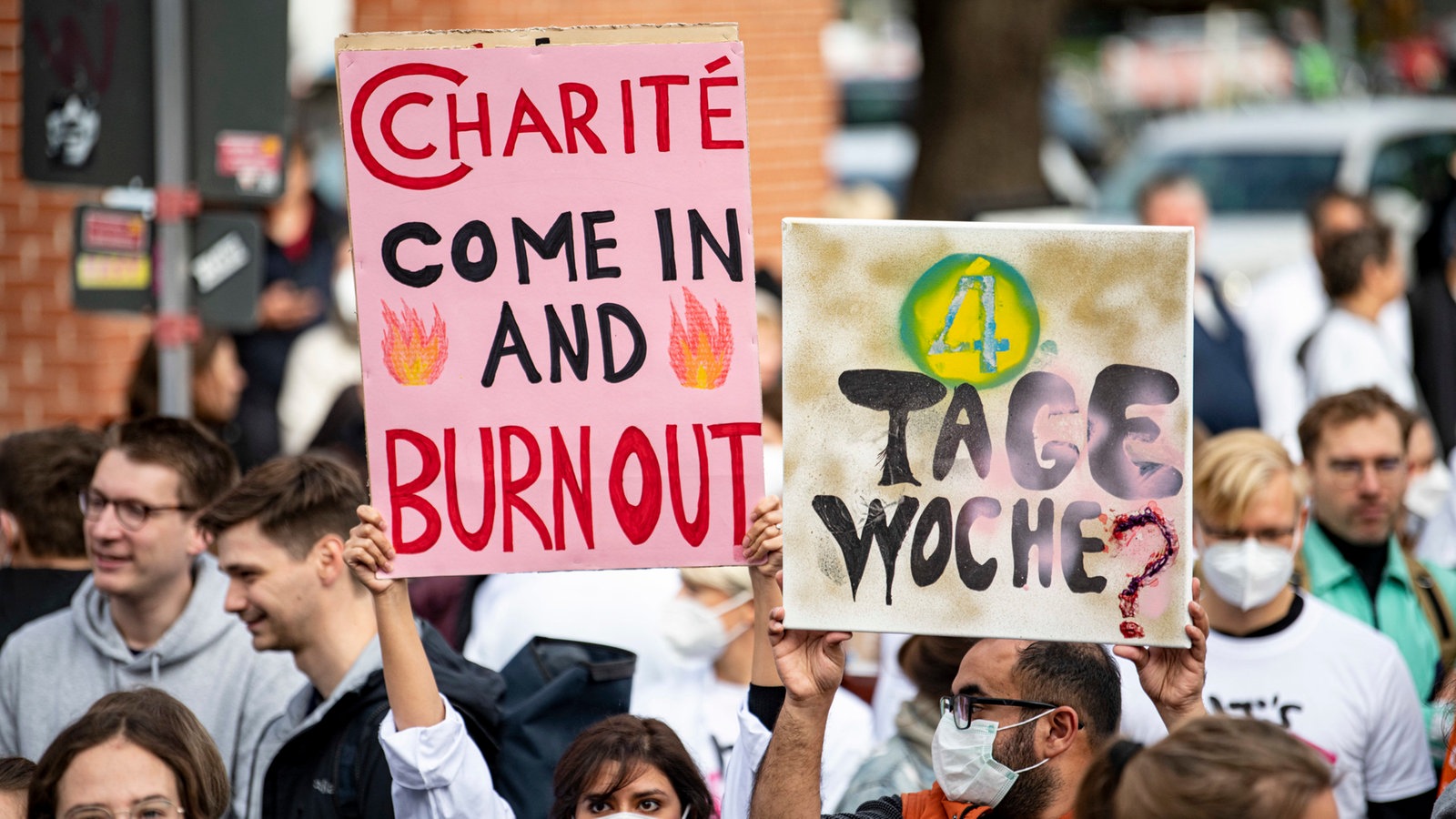The state visit of Carlos III. and his wife Camilla is seen by many as a rapprochement to Europe and Germany, after the alienation caused by Brexit. British Conservatives even speak of the “European king.” by Annette Dittert.
The state visit of Carlos III. and his wife Camilla is seen by many as a rapprochement to Europe and Germany, after the alienation caused by Brexit. British Conservatives even speak of the “European king.”
More than half a century has passed since Elizabeth II’s first visit to Germany in 1965 heralded the end of the immediate postwar period and the beginning of Anglo-German reconciliation. Today, in the first state visit of the new British king, the close historical ties between Germany and Great Britain are once again at the center of the royal visit, but this time in a completely different way: as a rapprochement after the long estrangement years after Brexit.
with Charles III some conservative media on the island are now writing that a “European king” is coming to Germany, a king whose close personal ties to Germany should particularly enable him to promote a new close relationship between London and Berlin.
State visit in the sense of Prime Minister
A state visit is one that is not only constitutionally commissioned by the British government, but also likely to be in the spirit of the new British Prime Minister Rishi Sunak. He has made Britain’s gradual rapprochement with the EU a central task in getting Britain’s Brexit-hit economy back on track.
The “Windsor Framework” passed in the British House of Commons last week, the deal with Brussels in the never-ending dispute over the Northern Ireland Protocol, was the first big step towards greater mutual trust and closer cooperation.
A compromise that Sunak was right to claim as the first major political success of his tenure, but one that also remains a difficult balancing act for him, as much of his own Tory party remains reluctant to accept the need for a rapprochement with the EU. .
Brexit ultras strongly criticized meetings with von der Leyen
And then there was an immediate row when Sunak wanted to use the new king in late February in the run-up to the Northern Ireland Protocol negotiations for his charm offensive towards Europe and EU Commission President Ursula von der Leyen, promised an audience at Buckingham Palace.
The right-wing pro-Brexit press shouted indignantly that this was a violation of the constitutional neutrality of the British Crown. Brexit ultra Jacob Rees-Mogg even declared that it was “constitutionally unwise” to involve the king in a political controversy – after all, the head of the EU Commission was not an official head of state.
But Sunak stood his ground, and von der Leyen’s visit to the palace did take place, albeit a little later than originally planned, that is, after he and the head of the EU Commission announced their engagement in Windsor.
King Carlos III receives Ursula von der Leyen, President of the European Commission, during an audience at Windsor Castle. After years of wrangling over the special Brexit rules for Northern Ireland, the UK and the EU have reached an agreement.
Carlos III is not a “white Sheet”
For Charles and his position as king, this kind of involvement in the still controversial post-Brexit politics is not without its dangers, as he is, unlike his mother, who came to the throne as a young largely slate. in white, a monarch who lived a long life as a political activist before ascending the throne.
His decades of championing climate protection may now pass off as a bipartisan mission to save the planet, but on other levels his earlier commitment is starkly at odds with the policies of Britain’s increasingly right-wing populist government.
His various foundations, such as the Prince’s Trust, which watches over the fate of the socially disadvantaged, Charles’s regular receptions for refugees and politically persecuted, do not sit well with a government that soon wants to abolish the basic right to asylum entirely with ever more draconian laws. and is openly discussing even wanting to withdraw from the European Convention on Human Rights for this purpose. A step that, by the way, only Russia and Belarus have taken so far at the global level.
Even a monarch can set an example
Of course, Carlos knows full well that, as king, he can only hint at his political and ideological convictions in soft tones, and in his first speech after his mother’s death he addressed it openly. He may be officially the British head of state, but the British monarchy is constitutional, which means he must be largely politically neutral.
But he can make his mark, quietly and indirectly, and seems intent on continuing to do so. When Liz Truss banned him from traveling to COP27, the climate summit in Sharm el-Sheikh, last fall, she summarily invited him to a COP27 reception at Buckingham Palace, and everyone attended, including the government. The power of a British king to unite the people and thus establish symbolic themes is not small, for he refuses when invited to the palace.
Eco-motivated Prince of Wales, popular in Germany
And so his state visit to Germany, which begins today, deals with the issues that have occupied him all his life. When he visits a center for Ukrainian refugees in Tegel on Thursday morning, that is of course also a signal to London.
When he meets German organic farmers at Wittenbergplatz and the reception at Bellevue Palace takes place under the title “Energy transition and climate protection”, it is clear that Charles, with due caution, will continue to view his role as monarch of more concrete and political way. that his late mother wants to fill.
Little controversy expected
In Berlin and Hamburg, this should not cause much controversy in the next few days. By contrast, the environmentally driven Prince of Wales was for decades much more popular in Germany than in Britain itself, but it will be even more interesting how the new king’s visit to the island itself is perceived.
A “European king” who, on behalf of his government, wants to gradually bring the controversies of the polarizing Brexit years to a conclusion together with European partners, is unlikely to please everyone, at least among the Tories.

“Extreme gamer. Food geek. Internet buff. Alcohol expert. Passionate music specialist. Beeraholic. Incurable coffee fan.”







